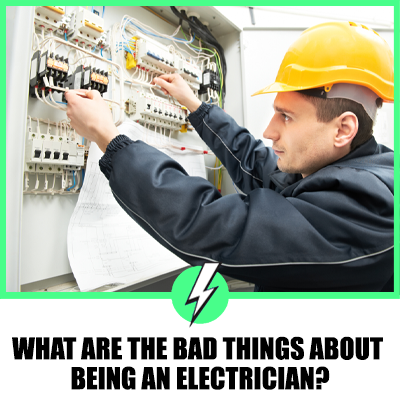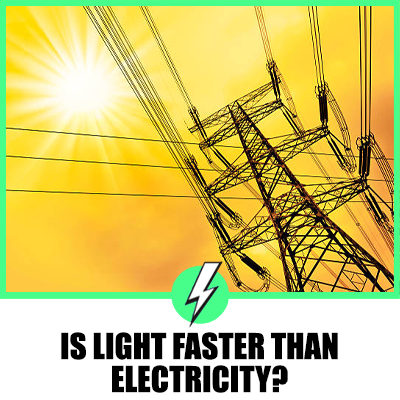Do Electricians Go in Attics?
The role of an electrician is diverse and often requires them to work in various environments, including attics.
This article will explore the reasons why electricians might need to venture into your attic and the precautions they take when doing so.

Contents
Why Would an Electrician Need to Go into an Attic?
Electricians are often required to go into attics for a variety of reasons.
These can include installing new wiring, inspecting existing wiring, or troubleshooting electrical issues.
The attic is a common place for electrical wiring to run, especially in older homes.
It’s also a place where electrical issues can occur, due to the potential for damage from pests, moisture, or heat.
Are There Electrical Wires in the Attic?
Yes, there are often electrical wires in the attic.
These wires can be part of the home’s main electrical system, providing power to different parts of the house.
They can also be part of specific systems, such as alarm systems, doorbells, or HVAC units.
In addition, overhead lights in rooms below the attic may have their wiring running through the attic space.
Do Electrical Wires Need to Be Stapled in the Attic?
The requirement for stapling electrical wires in the attic can vary depending on local regulations and the specific circumstances of the wiring.
Generally, electrical wires should be secured and protected to prevent damage and potential electrical hazards.
This can involve stapling the wires to joists or running them through protective conduit.
Does Wiring in Crawl Space Need Conduit?
Whether wiring in a crawl space needs conduit can depend on local regulations and the specific circumstances of the wiring.
Conduit can provide additional protection for the wiring, but it may not always be required.
It’s best to consult with a professional electrician or local building codes to determine the requirements for your specific situation.
Insights from Online Discussions
Recommendations for Electrician to Inspect Attic Wiring
Online discussions reveal that homeowners often seek recommendations for electricians to inspect attic wiring.
This can be due to concerns about the safety and integrity of the wiring, especially in older homes.
It’s always a good idea to have an experienced electrician inspect your attic wiring if you have any concerns.
3 Reasons to Leave Attic Electrical Work to the Experts
There are several reasons why it’s best to leave attic electrical work to the experts.
These include the potential for electrical hazards, the complexity of electrical systems, and the need for compliance with electrical codes and standards.
Professional electricians have the training and experience to handle these issues safely and effectively.
Are There Electrical Wires in the Attic?
In a discussion on Quora, users confirmed that there are often electrical wires in the attic.
These wires can serve various functions, including power distribution to the house, power for the alarm and doorbell, power for HVAC units, and power for overhead lights in the rooms below.
5 Electrical Hazards in Your Attic
A blog post on Attic Construction outlined five common electrical hazards in attics.
These include receptacles, ceiling fan electrical boxes, loose wires, HVAC components, and extension cords.
The post emphasized the importance of being aware of these hazards when undertaking DIY projects in the attic and recommended hiring professionals for attic electrical work.
Conclusion
Electricians do indeed go into attics as part of their work.
Whether they’re installing new wiring, inspecting existing systems, or troubleshooting issues, attics are a common workspace for these professionals.
However, working in attics comes with its own set of challenges and potential hazards, which is why it’s important for electricians to be well-trained and for homeowners to be aware of the risks.





